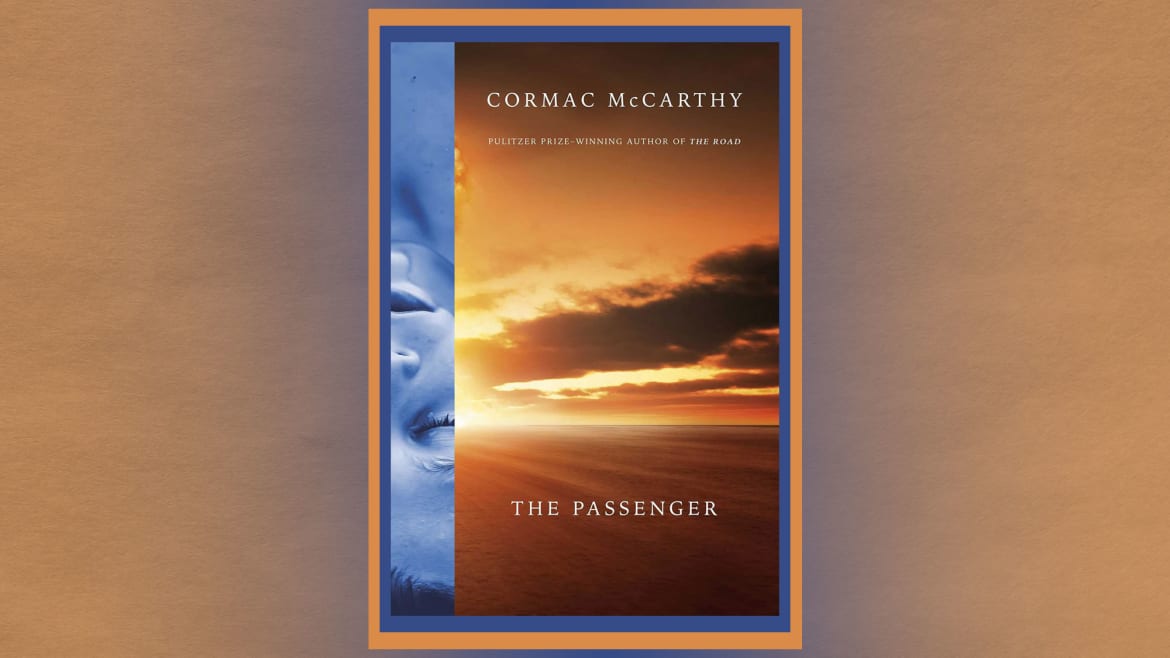Photo Illustration by Erin O’Flynn/The Daily Beast/Publisher
In a rare interview, the novelist Cormac McCarthy once made a strong claim about the power of the novel. The form, he said, can, “encompass all the various disciplines and interests of humanity.” While McCarthy and Jane Austen are not exactly kindred spirits, Austen wrote something similar in a famous passage from her novel Northanger Abbey. Mocking those who disparage novels as frivolous and consider only non-fiction serious, she wrote, “It is only a novel… or, in short, only some work in which the greatest powers of the mind are displayed, in which the most thorough knowledge of human nature, the happiest delineation of its varieties, the liveliest effusions of wit and humor, are conveyed to the world in the best-chosen language.” McCarthy and Austen would likely disagree on which books realize the form’s potential, but both see the novel as intellectually supreme, a sovereign domain of the highest achievement.
McCarthy’s new novel, The Passenger, is a sort of test for these grand ambitions. The book does indeed encompass a wide range of disciplines and interests: the abstrusities of particle physics and modern mathematics, the nature of hallucinations and reality, the influence of the atomic bomb on the 20th century, and much more. It’s an imposing achievement and a testament to nearly nine decades of inquiry by a brilliant mind. While its aesthetic success is shadowed by some flaws, The Passenger is a powerful and thought-provoking distillation of many of the genres and ideas that have obsessed McCarthy throughout his career. There are lyrical evocations of nature reminiscent of The Border Trilogy, elements of sinister thriller straight from Νo Country for Old Men, moments of death-haunted solitude that recall The Road, and a comic cataloging of deviants and misfits that revives the riverside anthropology of Suttree. Like all of his earlier fiction, the new novel is also permeated by a constant awareness of the finitude of human life and the permanent oblivion that follows it.
The book’s kaleidoscopic compression of sensibilities and subjects constitutes a new aesthetic in its own right. One good analogy for its nature comes from a character in the novel who, sitting in a New Orleans restaurant, gives a deadpan description of the secret to the perfect cooking broth: “Unless you have an old rancid stockpot that you can just sort of throw every horrible thing into—rotten turnips, dead cats, whatever—and let it simmer for about a month—you’re at a real disadvantage.” The Passenger is something like McCarthy’s own rancid stockpot: he has tossed in a romance between siblings, tormenting mental hallucinations, nuclear weapons, speculations about consciousness, physics, and history, a bit of possibly justified political paranoia, and a host of minor eccentric characters. He then let it simmer, by some accounts, for around 20 years. The result is a brew that’s rich and strange, but it’s definitely an acquired taste.

